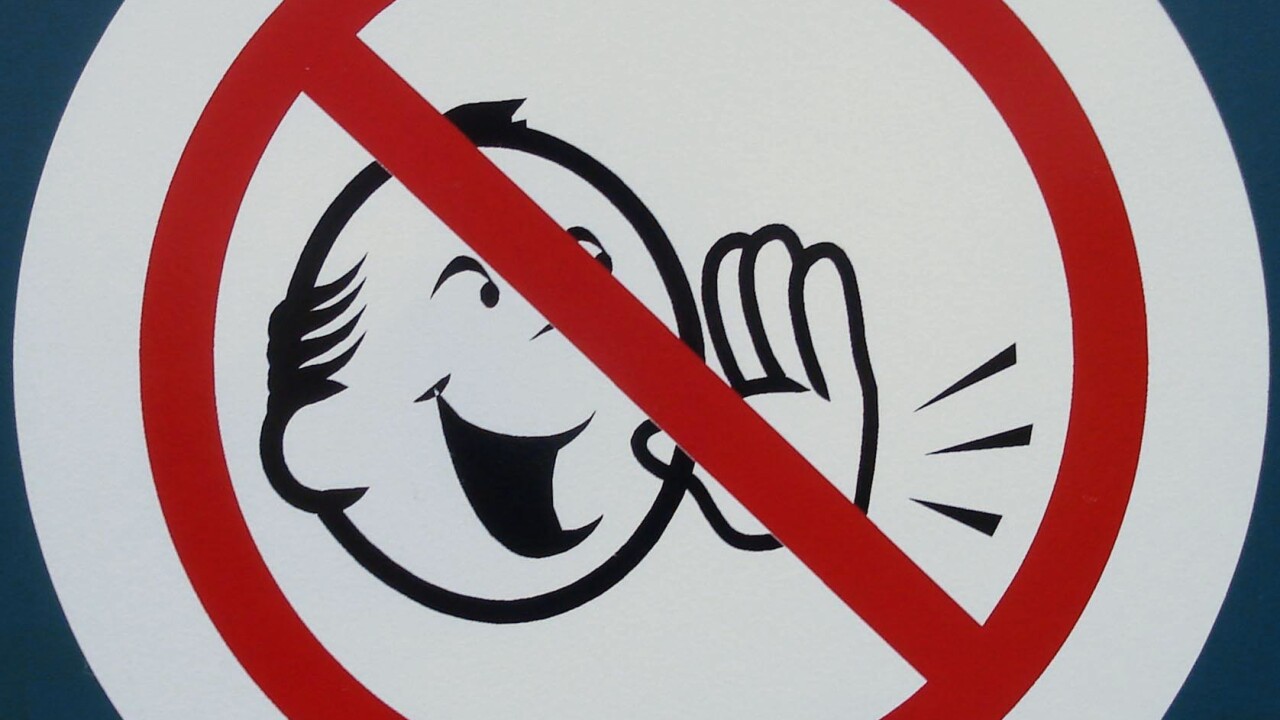
Last week we finished building the foundation of your brand (here’s Part I and Part II in case you missed it). Having a solid brand identity helps in three ways. First, it allows everyone on your team to get on the same page and understand your vision. Second, it’s a guide for the future and reminds you what you stand for. Last but not least, it allows you to engage with people and leave a lasting impression.
In order to achieve the last one, you need to communicate who you are and what you stand for. Brand communication happens in three ways; visually, verbally and most importantly emotionally (I’ll explain this last bit further down). Let’s look at each one in more detail.
Visual Communication
This is where visual design comes into play. Colours, shapes, typography, layout will all come together to leave a lasting impression about your brand. Because visual communication is one of the first things people perceive is why it’s commonly confused with being the brand identity. This is also the reason why it must be done right. The best way to do this is by working with someone that knows what they are doing and not just have a copy of Photoshop and Illustrator.
To create a strong and memorable brand your visual communication needs to be unique and express what you stand for. How can you do that? By using design to evoke the feelings and emotions that you’re after for your audience. Find a colour palette that represents you, shapes that attract the right kind of audience and typography that flows with your presentation. It’s important to keep these elements consistent throughout all your communications. This means that every thing that people see produced from you needs to fit in the same direction. By doing this you create a visual connection between your brand identity and the image that people have about you.
Verbal Communication
No matter the shape and form that you use, your copy is verbal communication. Whether you are preparing the copy for your website, a big presentation or a quick pitch people hear the words coming from you. This is why selecting a voice that I mentioned in my previous article is so important.
Your voice needs to represent who you truly are and come across as honest and authentic. I need to stress the last part more. Authenticity is one of the only things that can lead to trust (for another way to build trust make sure you read the rest of the article). If you’re not authentic, people will eventually catch you out so be honest or you risk losing the trust you’ve built. Identify what your voice is and write everything this way. The easiest way to find this voice? Gather your team around and speak to them, or speak to a friend if you are a solo-entrepreneur. Take notes and better yet record yourself speaking. Pay attention to the way you describe what you do and who you are. Are you more like a hero that wants to slash the huge players, but also needs advice along the way, or more like a sage that is wise because of the long experience and heroes that you’ve helped create?
Emotions
The problem with branding is that it works with emotions. That’s why there is no scientific formula to building a successful brand. Since people are unique sentient beings, they will decide if they like or hate your brand. What can you do to influence this? Trigger the right emotions through your communication, what else. Emotions are the other way to build trust and really connect with your audience.
Identify the emotions that represent your brand and use them in your communication. Are you frustrated with how things are done currently? Are you pissed off by the way your industry is treating its employees? Do you love your market so much that it’s the first thing that you think when you wake up and the last thing before you go to bed? Then talk about it! As a customer I have no way to tell what you stand for and what makes you do this unless you tell me.
This emotional communication should extend throughout all interactions with your customers. From your website and presentation to ordering, shipping, delivery and customer service. Don’t tell me that you value me as a customer and leave me on hold for 10 minutes. You don’t. Don’t say that you are fighting for equality and higher wages and then get caught red handed employing people illegally. Train everyone on your team on how to communicate your brand and ingrain in their minds what you stand for. You need to start practicing what you preach and slowly people will start to follow. At first they might not notice, but when something goes wrong and people experience the true you they will tell their friends. Or they might leave a review, or write a blog post about their experience and how you made them feel. If you have been successful then they should feel delighted by working with you and for standing for something together.
Because communication is so natural to us is why we can get it wrong. If it’s not planned correctly people can start bringing their own behaviours and personalities into your brand. Before you know it you can end up with a melting pot of personalities and emotions. Plan ahead and create a solid communication plan that your team can follow. Write every occurrence down and use it as a guiding light for the times that your team feels lost. Slowly but steadily you will build a brand that people admire and want to be with.
Having tackled this important stuff on a high level it’s now time to get down to the nitty gritty. Next week I will share with you some tips that I have collected throughout the years that make for a memorable and unique name. Until then let me know how you get on with building your brand and what else you want to learn.
Image Credit: mag3737
Get the TNW newsletter
Get the most important tech news in your inbox each week.




